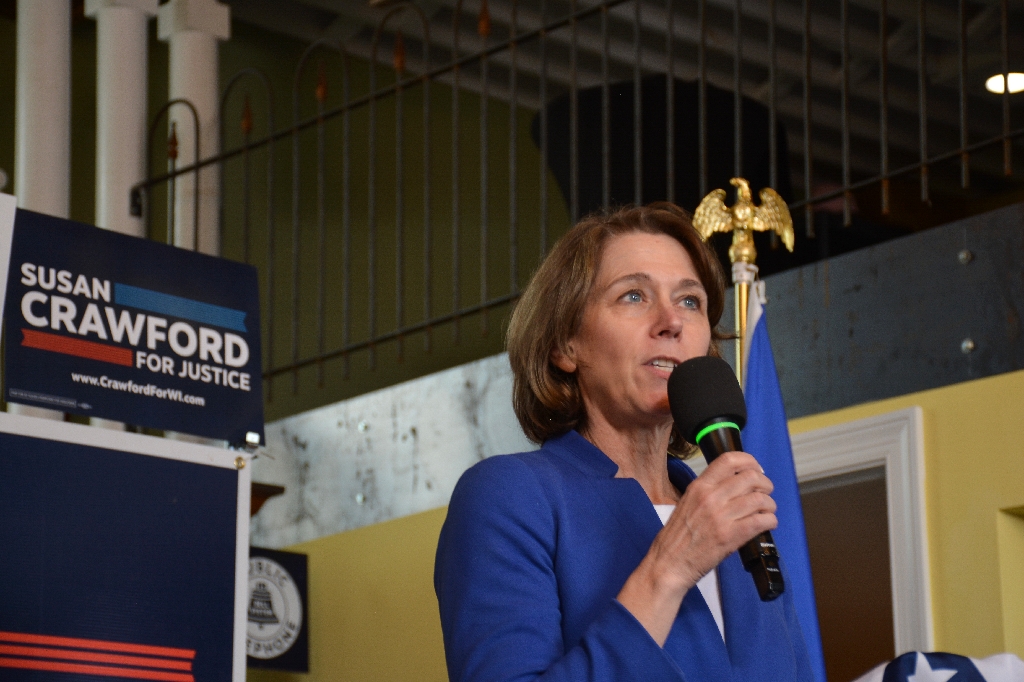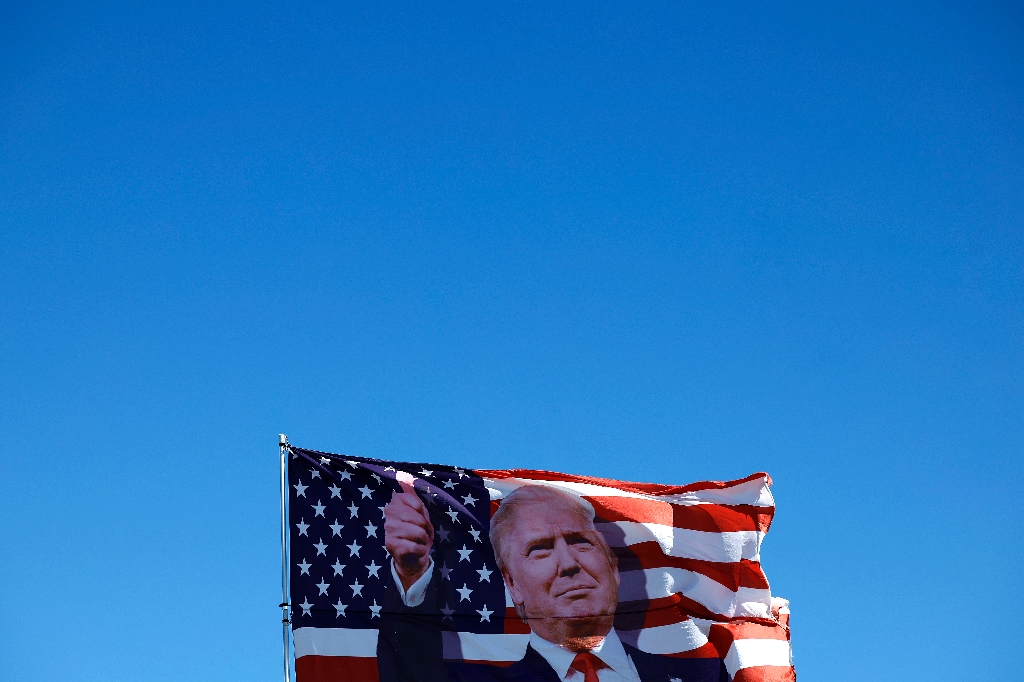Kyiv (Ukraine) (AFP) – Ukrainian troops, reeling from the loss of a key town, now face “extremely difficult” conditions all along the frontline with Russia because of delayed foreign aid, President Volodymyr Zelensky said.
A heightened Russian offensive in eastern and southern Ukraine saw them capture the key town of Avdiivka last week in a major boost ahead of the second anniversary of the February 2022 invasion.
The Ukrainian military also says it is critically short of ammunition and shells, worsened by the holdup of a $60 billion US aid package.
“The situation is extremely difficult in several parts of the front line, where Russian troops have concentrated maximum reserves,” Zelensky said Monday after visiting frontline troops in the Kharkiv region.
Russian troops “are taking advantage of the delays in helping Ukraine,” Zelensky added, highlighting shortages of artillery, frontline air defence and longer-range weapons.
– New towns threatened –
US President Joe Biden told Zelensky on Sunday that he was “confident” the Republican-dominated US Congress would approve the critically needed aid.
Ukrainian Prime Minister Denys Shmygal said Tuesday he also believed Congress would come through after it returned from recess and that his country would “continue our fight” with international support.
“I believe the United States will support Ukraine also, like the European Union, like Japan, like all the G7 countries and the IMF and all international financial organisations,” Shmygal told a press conference in Tokyo when asked about “Ukraine fatigue” in the international community.
“So we can’t speak about fatigue, because it’s an existential war — you can’t be fatigued when you’re fighting for your future, for your life…for global security order,” he said.
Biden has said another Ukrainian town could fall to Russia without the aid.
Ukrainian commanders have predicted that Russia will move troops from Avdiivka to other parts of the frontline. And Ukrainian troops said they were facing “heavy fire” from advancing Russian forces in the southern Zaporizhzhia region. Senior commander Oleksandr Tarnavsky said Russia was launching multiple attacks near the village of Robotyne — one of the few places where Ukraine regained ground during a counter-offensive last year.
“These offensive attempts are being halted, the enemy is being eliminated in the outskirts of Robotyne,” Tarnavsky said in a post on Telegram.
Reports from Russian military bloggers had earlier said Moscow’s forces were on the southern edges of the village.
Like many settlements across eastern Ukraine, Robotyne has been completely flattened by months of artillery fire.
Now towns like Selydove, 30 kilometres (20 miles) from Avdiivka, fear they could be next in line for the Russian offensive.
Increasing numbers of Selydove residents are leaving the town, inhabitants said.
– Border tensions –
Ukraine also faces a different kind of frontier assault, with Polish farmers and truckers trying to block the border, accusing their Ukrainian counterparts of undermining their business.
Polish farmers are calling for a halt to all border traffic on Tuesday as they step up a battle with their government over their conditions.
The row has strained relations between the neighbours, even though Poland has been one of Ukraine’s staunchest supporters since Russia invaded in February 2022.
“Things that are happening on our western border, the border with Poland, cannot be considered normal or ordinary,” Zelensky said, adding the situation “demonstrates the erosion of solidarity on a daily basis”.
Road traffic into Poland has been an export lifeline for Ukrainian companies since the invasion blocked major trading routes through the Black Sea.
But the increased shipments have angered Polish logistics companies and farmers, who say they are losing business.
In Tokyo, Shmygal pointed to the continued EU import of Russian grain.
“There is enough place for all of us, and especially for Ukraine, to trade grain and food production in the EU market,” he said.
Six border crossings were being blocked on the Polish side, according to Infrastructure Minister Oleksandr Kubrakov.
“Blocking the border is a direct threat to the security of a defending country,” Kubrakov said on Facebook.
“They are blocking everything. There are trucks with fuel. There were cases a few days ago when protestors didn’t let several trucks with weapons pass,” Kubrakov told state TV.




